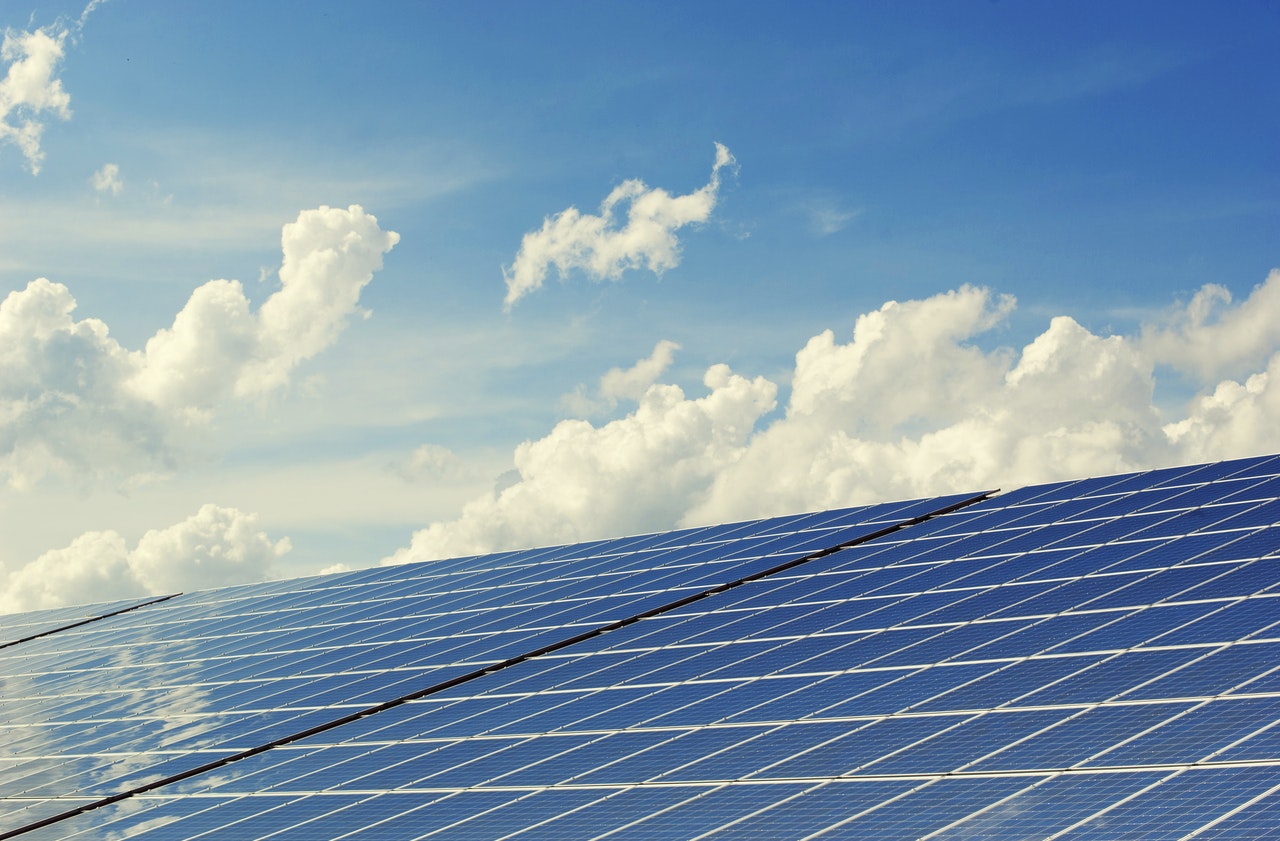Portugal experienced extremely beneficial weather conditions in January. It led to 88% of the nation’s electricity being powered by renewables. Additionally, usage of gas-fired power plants was considerably decreased due to substantial precipitation and wind/solar output. The Portuguese grid operator, REN monitored such changes.
Up from over 60% in 2022, which was already one of the highest ratios in Europe, the nation plans to generate 80% of its annual electricity demand from renewable sources by 2026.
A recent study has found that the nation has plans to increase the amount of electricity it generates from renewable sources from 60% to 80% by 2026. This is a significant increase, and it will place the nation among the leaders in Europe for renewable energy usage.
The study also found that renewable sources will meet the majority of the nation’s electricity demand by 2026. This is an ambitious goal, but it is one that they committed the nation to achieve.
European governments count on renewables
With gas prices reaching record highs in 2022 due to Russia’s invasion of Ukraine, the primary gas supplier to Europe, more and more European countries are placing their bets on renewable energy sources. In 2022, gas prices in Europe reached record highs due to Russia’s invasion of Ukraine, which disrupted the supplies of natural gas to the continent. In response, European countries are increasingly turning to renewable energy sources to meet their energy needs.
Renewable energy is more reliable and sustainable than fossil fuels, and thus provides a more long-term solution to Europe’s energy needs. In the wake of the gas crisis, many European countries have committed to increasing their use of renewable energy, with some even setting targets for how much of their energy needs should be met through renewables by 2030.
REN, the Portuguese renewable energy association, has announced that the country’s renewable energy resources performed exceptionally well in January of this year. According to the statement, the weather conditions during the month were ideal for renewables, which led to high levels of productivity.
This marks a significant achievement for Portugal, which is striving to become a leader in renewable energy. The country has set a goal of producing 60% of its electricity from renewables by 2030, and it is well on its way to achieving this goal. With continued progress like this, Portugal is sure to be a pioneer in the global transition to clean energy.
Due to the high amount of rain, January was a month of hydroelectric power. Thus, 51% of the total power consumption came from hydropower, with wind generating an additional 28%, and solar 4%. This was a boon for green energy, as it provided the majority of the power for the month.
Electricity production from gas power falls
In Portugal, electricity production from gas-powered plants significantly decreased by 64% over the same period. This is a significant achievement. It is due to the country’s decision to abandon reliance on imported gas, which became more expensive as global demand increased.
8.8 GW of hydroelectric capacity, 13.3 GW of onshore wind capacity, and 3.1 GW of solar capacity make up about 87% of Portugal’s installed capacity.
January saw 4,833 Giga Watt hours (GWh) of electricity consumed – a 4.1% surge from the same month the previous year. As highlighted by REN, 88% of this total came from renewable sources. Renewable energy sources only provided 52% of the world’s electricity in January 2022.

